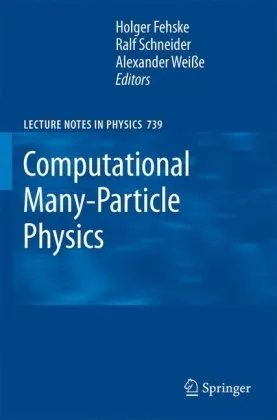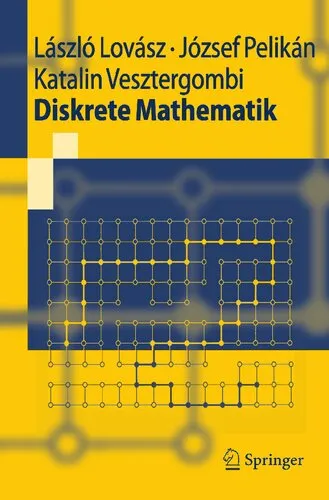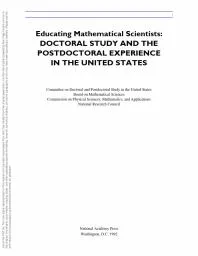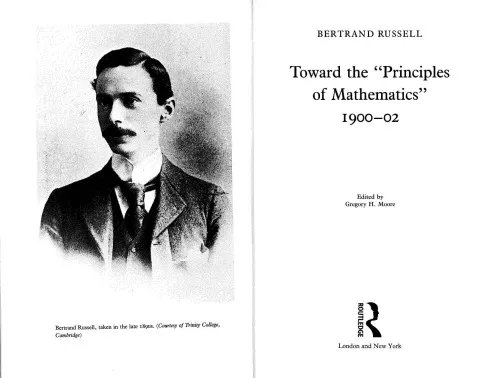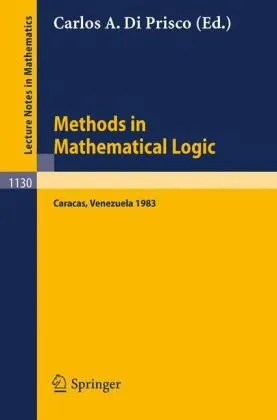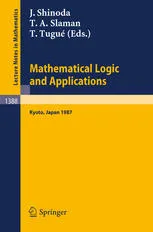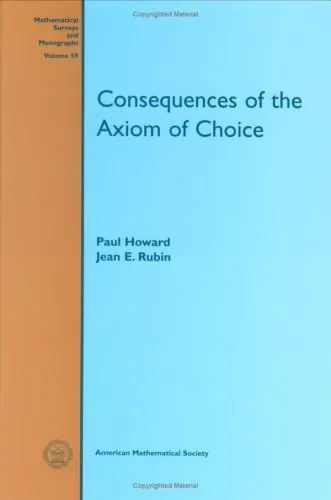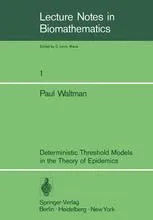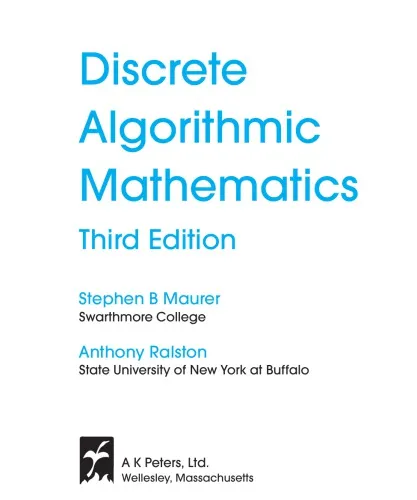A Mathematical Introduction to Logic, Second Edition
4.6
Reviews from our users

You Can Ask your questions from this book's AI after Login
Each download or ask from book AI costs 2 points. To earn more free points, please visit the Points Guide Page and complete some valuable actions.کتاب های مرتبط:
Introduction to "A Mathematical Introduction to Logic, Second Edition"
Herbert Enderton's A Mathematical Introduction to Logic, Second Edition is a seminal work that explores the foundational aspects of mathematical logic. It is a comprehensive guide to understanding formal systems, logical structures, and foundational principles that underpin various branches of mathematics and computer science. Designed for both students and educators, this book has left a lasting impact on the study of logic by balancing rigor, accessibility, and depth.
Detailed Summary of the Book
The second edition of A Mathematical Introduction to Logic consists of an in-depth exploration of both propositional logic and first-order logic. The book is divided into two main parts:
- The first part introduces propositional logic. It covers the basics like syntax, semantics, and proof systems. Each concept is explored rigorously, helping readers build a solid foundation.
- The second part delves into first-order logic, presenting its syntax and semantics, as well as significant results such as soundness, completeness, and compactness. Additionally, the book provides a detailed examination of the Löwenheim–Skolem theorem and Gödel’s incompleteness theorems.
Enderton's lucid explanations make abstract concepts more comprehensible, while the numerous exercises at the end of each chapter reinforce the material. This edition also introduces readers to more advanced topics, such as second-order logic and the expressive limitations of formal systems. Throughout the book, Enderton focuses on presenting logic as a vital and vibrant field of study that connects mathematics, philosophy, and computer science.
Key Takeaways
The book is packed with insights and knowledge, but the following are the key takeaways:
- A systematic understanding of propositional and first-order logic, from basic syntax to advanced results.
- Insight into Gödel’s completeness and incompleteness theorems, which are central achievements in modern logic.
- An appreciation for the expressive power and limitations of formal systems.
- An emphasis on the relationship between syntax (formal rules of a system) and semantics (meaning and interpretation).
- A foundation for further study in fields like set theory, model theory, and recursion theory.
Famous Quotes from the Book
Here are some thought-provoking quotes from A Mathematical Introduction to Logic that capture the essence of the work:
“The purpose of studying logic is not simply to observe the form of mathematical theories, but to explore the limitations and potential of formal reasoning.”
“To understand what a proof really is, we must first explore the syntax that governs our logical systems and the semantics that give these systems meaning.”
“Mathematical logic lies at the intersection of mathematics and philosophy, focusing on what can and cannot be formally expressed.”
Why This Book Matters
Enderton’s book stands out in the field of mathematical logic for several reasons:
- It provides a clear and thorough introduction to the subject, making it accessible to beginners while still being valuable to advanced readers.
- Each subject is explored with mathematical rigor, offering readers a true sense of the discipline.
- The book serves as a bridge to both theoretical and practical applications, making it a cornerstone in the studies of logic, computer science, and philosophy.
- By including Gödel's incompleteness theorems and the limitations of formal systems, readers gain not just technical competence but also philosophical insight into the power and boundaries of mathematics.
In today's world, where formal reasoning plays a crucial role in areas like artificial intelligence, database theory, and cybersecurity, the principles outlined in this book remain profoundly relevant. Whether you are a student, researcher, or educator, Enderton’s work equips you with tools to navigate and understand the logical frameworks at the heart of the mathematical sciences.
Free Direct Download
You Can Download this book after Login
Accessing books through legal platforms and public libraries not only supports the rights of authors and publishers but also contributes to the sustainability of reading culture. Before downloading, please take a moment to consider these options.
Find this book on other platforms:
WorldCat helps you find books in libraries worldwide.
See ratings, reviews, and discussions on Goodreads.
Find and buy rare or used books on AbeBooks.
1558
بازدید4.6
امتیاز0
نظر98%
رضایتReviews:
4.6
Based on 0 users review
Questions & Answers
Ask questions about this book or help others by answering
No questions yet. Be the first to ask!

